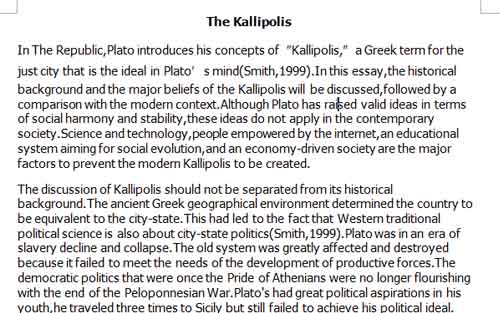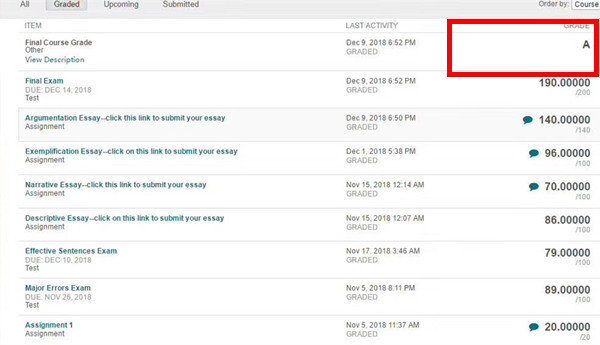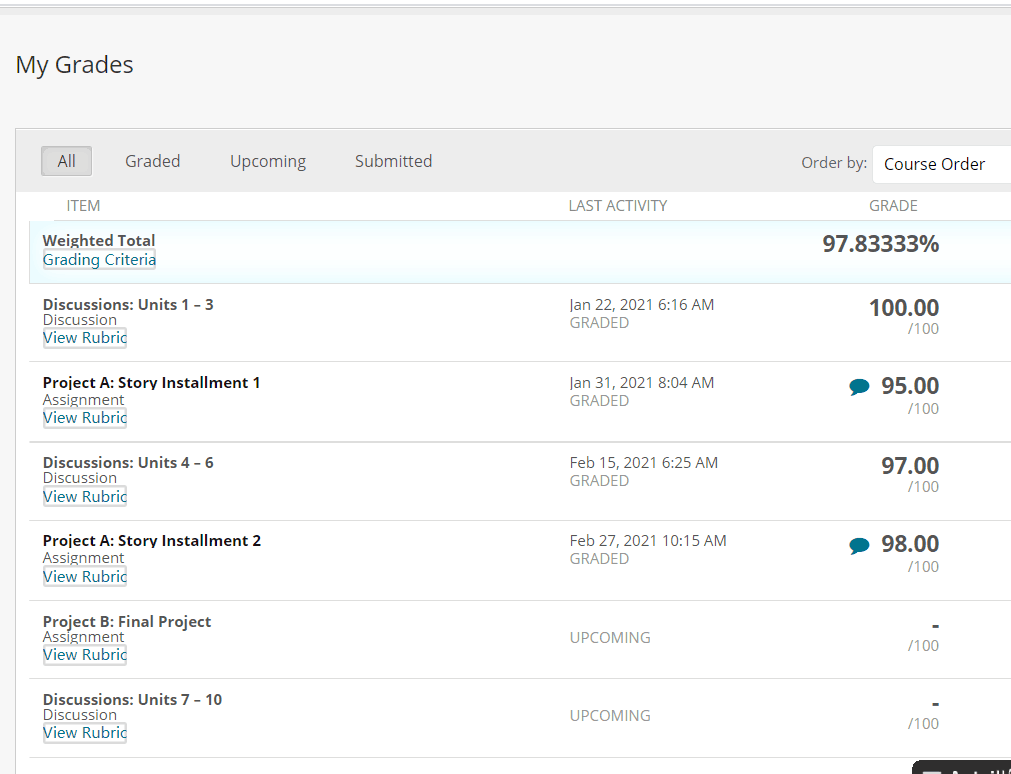下面为大家整理一篇优秀的report代写范文,题目为Relationship Between Culture And Toyotas,文章讲述这份报告是针对一系列的文化问题。本报告的主要目的是确定由丰田公司,这是一个汽车制造业的跨文化管理。它也将提出建议,有什么经验教训可以学习以及丰田公司如何提高未来的跨文化管理。

This report has been written by Yanru Chai. This report is addressed to a range of cultural issues. The main purpose of this report is to identify the cross-culture management by Toyota company which is a car manufacturing industry. It will also present recommendations on what lessons can be leant and how Toyota company can improve the cross-culture management in the future.
本报告由柴艳茹撰写。本报告涉及一系列文化问题。本报告的主要目的是确定丰田公司作为汽车制造业的跨文化管理。本文还将对丰田公司今后如何改进跨文化管理提出建议。
Introduction引言
In a twenty-first century economy, intercultural awareness is the key to international business success. Increasing migration and more business opportunities have also produced greater interaction across cultures. In a world where global brands dominate all retail environments, that is very evident that we now live in a global economy. Any visitor to an African city is greeted by the sight of people wearing English football shirts, billboards advertising European designer label fashions, people driving Japanese or Korean cars and local families queuing up for McDonalds meal. The global economy has become one not only of trade but also one where cultures and identities are merging.
在21世纪的经济中,跨文化意识是国际商业成功的关键。不断增加的移民和更多的商业机会也促进了跨文化交流。在一个全球品牌主导所有零售环境的世界里,很明显,我们现在生活在一个全球经济中。任何一个非洲城市的游客都会看到穿着英式足球衫的人,欧洲名牌时装的广告牌,开着日本或韩国汽车的人,以及当地家庭排队等候麦当劳大餐的景象。全球经济不仅是贸易经济,而且是文化和身份融合的经济。
Cross-cultural management is a term which summarizes a number of different elements. First it describes the range of organizational behavior which exist both countries and cultures. Second, it compares and contrast organizational behavior across countries and cultures. Third, it seeks to understand to understand and improve the interaction of co-workers, clients, suppliers and partners from different countries and cultures.
跨文化管理是一个术语,它概括了许多不同的要素。首先描述了存在于国家和文化中的组织行为的范围。其次,它比较和对比不同国家和文化的组织行为。第三,它寻求理解和改善来自不同国家和文化的同事、客户、供应商和合作伙伴之间的互动。
Managing human resources in overseas locations poses different problems and challenges for HR managers, than if employees were based in the home base. The growth of global trade has driven the trend for internationalization and the proliferation of expatriate assignments. There is a need to effectively manage this for the benefit of both the company and the individuals.
According to Geert Hofstede(1999), he researched the role of national culture within the organization and identified five dimensions which he argued largely accounted for cross-cultural differences in people's belief systems and values. These he termed 'uncertainty avoidance', 'masculinity', 'individualism', 'power distance' and 'confusion dynamism'.
In real international business Toyota manufactures a diverse line-up of vehicles all over the globe. As an innovative leader, Toyota is well-known for its management philosophy and the world's first mass-market hybrids
Relationship between culture and Toyota's performances 文化与丰田的表现
Culture is the deeper level of basic assumptions and beliefs that are shared by members of the Toyota, which operate unconsciously and define in a basic 'taken for granted' fashion a Toyota's view of it and its environment.
The concept of culture is important because it exerts a strong influence on Toyota's strategies, structures and systems and overall performances.
A positive and result oriented Toyota company culture plays a major role in determining Toyota company performance, can improve an organization's ability to implement new business strategies and contribute to organizational effectiveness and excellence and to overall competitive advantage and vice versa.
Positive cultures bring about employee commitment which is key determinant in its success.
It establishes the need to develop company specific skills, autonomy, innovation and risk taking which can enhance the quality and productivity.
Creation of cross cultural teams in Toyota Company 丰田公司跨文化团队的创建
Globalization is the trend that is widely regarded as a prime catalyst for international human resource management. This removal of geographical borders when conducting business, and the subsequent erosion of cultural and distance barriers, has stimulated international business, and caused human resource practitioners to develop new concepts and skills to manage people outside their traditional boundaries. There are four major drivers of globalization: the global market with its consumer needs, wants and expectations; production and labor costs in different countries; government rules and regulations regarding taxes, tariffs, quality control and import/export restrictions; and competitors' actions.
At Toyota, everyone within the organization, from executives to shop-floor workers, is challenged to use their initiative and creativity to experiment. Human Resources Department of Toyota often hear labor advocates criticize assembly line work as being oppressive, and claim that menial labor robs workers of their mental faculties. However, this could not be further from the truth with respect to organizational culture. When Toyota sets up assembly lines, it selects only the best and brightest workers, and challenges them to grow in their jobs by constantly solving problems. All areas of the organization (including sales, engineering, service, accounting, human resources, etc.) are staffed with carefully selected individuals, and the company gives them directives to improve their processes and increase customer satisfaction.
Cultural Issues 文化问题
Toyota Company has sometimes received assistance from an outside source, either in some form of training or kaizen event. Some attempts have been made at a 5-S implementation, with a couple of tool boards in place and a few documents posted that no one looks at. Changeover time at some equipment has been reduced, and there is some form of a Total Productive Maintenance program with a preventive maintenance schedule that is not up to date. In truth, however, such companies are not truly managing cross cultural. This failure to implement the Toyota Production System (TPS), or lean manufacturing, is a result of management's inability to create a true cultural management.
Managers are increasingly exposed to working with, or within, many different business cultures. This involves working in other countries, working in organizations that have operations in other cultural environments, or working with colleagues from a wide range of cultures. That means managers facing these interdependent challenges;
The need to become more inter-culturally competent in order to operate in an increasingly diversified business world.
The need to understand and develop business models that will be suitable to this changing context.
The need to create organizational models and structures which will reflect the new circumstances and gain maximum benefit and opportunity.
When a Toyota intends to expand to an overseas market, human resource managers need to utilize human capital in order to conduct the business more efficiently and effectively. Human Resource Managers could consult local representatives of an overseas business regarding: local culture, employment aspects, safety, customs and traditions in order to operate in harmony with local company's procedures. For example, women may have a different status in business in other countries compared to UK. In Dubai, as in all Islamic countries, foreign women are not allowed to be employed. Therefore, this will affect human resource's international recruitment strategy, not only for the employees, but also for wives of its expatriates. Different ethical and business standards can also lead to negative experiences.
Culture influences and shapes the business structure and human resource management practices. Doing business overseas is a critical and important step because of the possible incompatibility of perceptions or standards in the company's human resource's policies and practice.
Toyota considered these matters when managing cross cultural 丰田的跨文化管理
Toyota invests time and money into their employees and has become the model for a true learning organization. The importance of teams and teamwork is a way of life: team-building training is required, and it is put to practice daily. This investment in its employees far exceeds that of the typical organization that focuses on making parts and counting quarterly profit.
Purpose of Toyota's cross cultural education and training are
Toyota cultural training is designed to encourage employees to study and evaluate the components of their own culture so that employees become more aware of their hidden cultural assumptions which interfere with effective intercultural action.
Conclusion 结论
So, what can companies learn from Toyota? The most important lesson is to develop a continuous improvement culture and stick with it. Organizations have a tendency to jump around from program to program based on the latest "buzzword." It is difficult to build a learning organization when the program changes from month to month. Companies must start their culture transformation with a philosophy of continuous improvement. The change must start from the top, and this may require an executive leadership shakeup. Everyone from the bottom up must be involved in the transformation. This includes training in cross cultural principles, team building and problem solving. Use middle managers as change agents to drive the transformation.
那么,企业能从丰田那里学到什么呢?最重要的一课是培养一种持续改进的文化并坚持下去。组织倾向于根据最新的“流行语”从一个项目跳到另一个项目。当项目每月变化时,很难建立一个学习型组织。企业必须以持续改进的理念开始文化转型。变革必须从高层开始,这可能需要对高管层进行改组。所有自下而上的人都必须参与变革。这包括跨文化原则、团队建设和问题解决方面的培训。利用中层管理者作为变革的推动者来推动变革。
To truly understand the power of a continuous improvement culture, we again look to Toyota. Toyota employees generate more than one million process improvement ideas annually. The more astounding number is the fact that 90 percent of those ideas are implemented. There is no secret to why this occurs. Toyota executives have created a culture that encourages and rewards this behavior.
为了真正理解持续改进文化的力量,我们再次将目光投向丰田。丰田员工每年产生超过100万个流程改进想法。更令人震惊的是,这些想法中有90%都得到了实现。这种情况发生的原因并不是什么秘密。丰田高管们创造了一种鼓励和奖励这种行为的文化。
以上就是report代写范文全部内容,范文内容和格式仅供留学生参考学习,不得抄袭,如有report代写需要,请联系网站客服。










